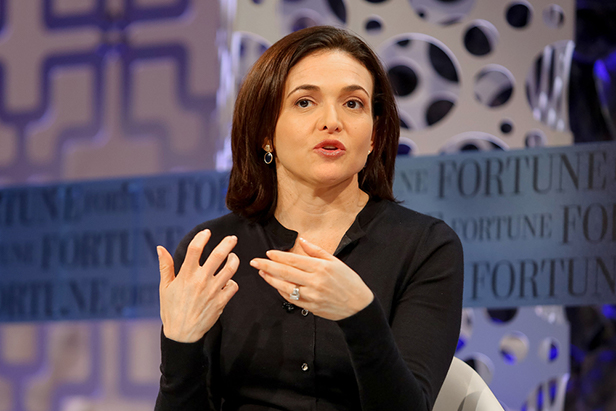News April 03, 2019
Facebook Could Restrict Live Streaming
The move, if implemented, could potentially have implications for marketers.
Facebook is considering putting restrictions on live streaming in the wake of a terrorist attack in New Zealand that was broadcast live for 17 minutes on the social media platform.
Facebook COO Sheryl Sandberg recently published an open letter in the New Zealand Herald that said that Facebook is “exploring restrictions” that could prohibit some from using Facebook Live. Users could potentially be banned from live streaming based on factors that could include previous violations of Facebook’s community standards.

Sheryl Sandberg, Facebook
Sandberg’s letter didn’t get into depth on the potential Live restrictions. For instance, there wasn’t elaboration on the practical mechanisms Facebook might utilize to prevent users from streaming. It’s also not yet known what other factors, if any, beyond running afoul of Facebook community rules might warrant a live-streaming ban.
Still, restrictions on live streaming could possibly affect brands, companies and influencers that count on Facebook Live as part of their marketing strategy. Live videos have proven more effective vehicles for generating organic engagement on Facebook as organic reach/engagement on non-live videos and other content has plummeted over the last couple years. For example, Facebook Live videos generate six times more interactions than regular videos, data from the social network shows.
The March 15th shooting at the Al Noor Mosque and Linwood Islamic Centre mosque in Christchurch, New Zealand claimed the lives of 50 people. A further 50 people were injured in the attack – the deadliest peacetime killing in New Zealand history.
Alleged perpetrator Brenton Tarrant, a 28-year-old Australian suspected of being a white supremacist, used Facebook Live to stream the shooting. The original stream was viewed more than 4,000 times before it was cut off. Individuals also shared the video to other websites, and there were some 1.5 million attempts to re-load the video to Facebook, though the social network blocked most of those at upload and removed ones that made it through.
Still, criticism rang in from around the world, with calls for Facebook to do more to prevent such abuse of its live streaming function, which also saw a Louisiana woman’s murder live-streamed last year.
“We have heard feedback that we must do more – and we agree,” Sandberg said in her letter.
As of mid-week, Facebook hadn’t taken practical steps to place restrictions on live streaming.
